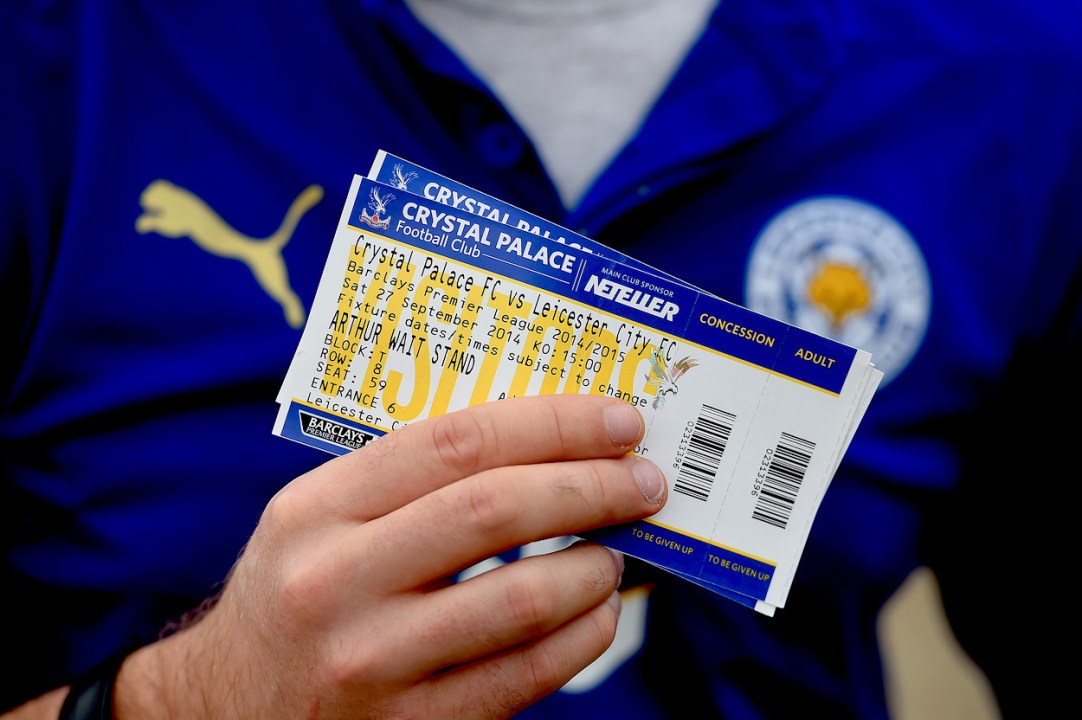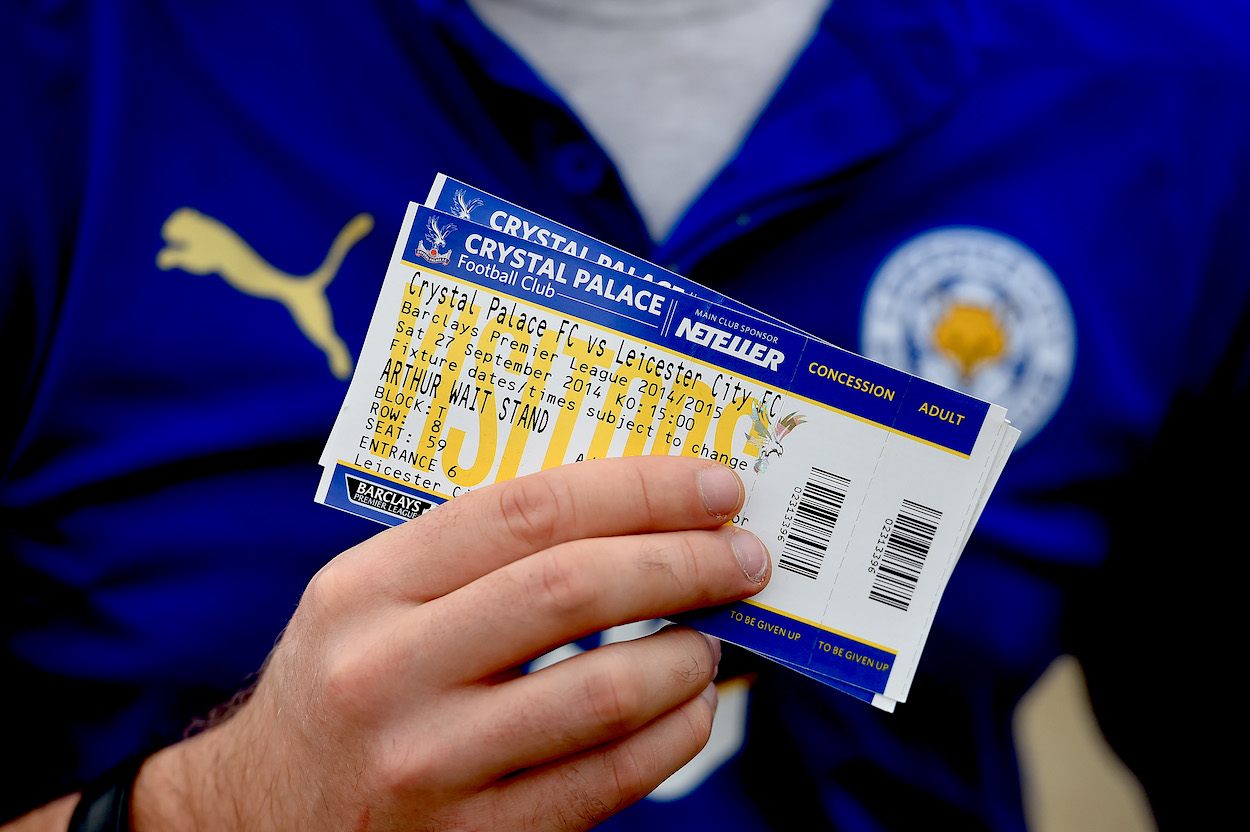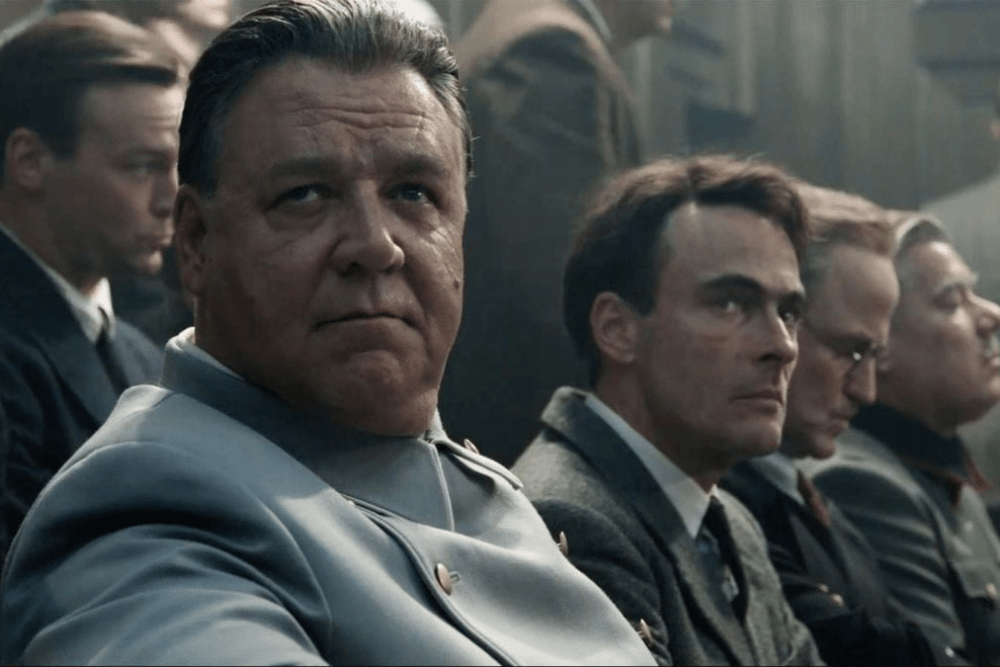Ticket touts have never been popular. Yet this unpopularity is no warrant for Labour to deprive ticket holders of their right to resell them at a higher price, with the dire consequences for economic efficiency which will result. The exploitation ticket touts are alleged to put consumers through is predicated on the entirely false notion that everyone should have a fair chance to get tickets to concerts. No. Theatres, musicians and performers have a right to charge whatever they like for their tickets, and that includes granting said right to third parties, i.e. the ticket touts, via their tickets’ terms and conditions. Fairness be damned.
The government plans to ban the secondary sale of tickets above their face value. The central reason for doing this is such sales are said to be ‘exploitative’. Exploitation is defined as taking unfair advantage of someone for personal gain. Michael Sandel in his book What Money Can’t Buy argues unfair advantage is taken in ticket touting because the high prices charged deprive poor people of an equal chance of access to the festival or whatever. A price cap ensures greater equality of access. In announcing the consultation on ticket tout regulation, the culture secretary, Lisa Nandy, echoed Sandel’s worries in saying ‘everyone deserves a fair shot at getting tickets.’
On its own grounds, banning ticket touting hardly ensures everyone gets a fair shot anyway. Absent ticket touts selling tickets at a higher price, tickets will be allocated mainly on a first-come first-served basis, which, though appearing to give everyone an equal chance, actually only favours those who have the time to book tickets at the exact moment they’re released. If you’re at work, driving to pick up your kids, or attending a funeral, there is no equal chance for you. The unfairness of allocation according to money spent is simply replaced by the unfairness of allocation according to time on your hands and a fast internet connection. Why is one necessarily better than the other? A fundamental question should be asked, though: is it wrong for the poor not to get a fair shot at acquiring tickets?
A rock band should be free to charge whatever they want for their tickets in the same way a plasterer, hairdresser or bookkeeper should be free to put whatever they want on their quotes. If this right of free pricing is accepted, then ticket touts are within their rights too, because ticket touts are simply exercising the right to charge a very high price which the original seller always had, and via the original tickets’ terms and conditions allowing third parties sales, has been transferred to them. Imposing a price cap on the secondary market for tickets wrongly deprives the original seller of his freedom to contract by stripping him of the power to transfer his full rights of sale. And as Steve Davies notes, many theatres and music venues are happy to sell a fixed portion of tickets to touts because they’d rather have the smaller fixed income than a potentially larger income which is highly variable.
The full implication of the morality behind stopping what Nandy calls ‘the misery of touts hoovering up tickets for resale at vastly inflated prices’ is to stop the original sellers from setting their own prices too, because original sellers can also charge inflated prices. What’s next, are we going to prohibit plumbers, accountants and chefs from charging what they want for their labour all to ensure the poor can affordably access them? No. People must be free to pursue their self-interest with their own person and property, not be forced to serve the poor on the poor’s preferred terms. But should Radiohead, Dua Lipa and Coldplay still want their poor fans to have the chance to get tickets, nothing is to stop them putting ‘no resale’ in their tickets’ terms and conditions.
An economic loss is incurred
It might be argued price controls are problematic in the labour market because of the shortages which would result, but are not in the secondary ticket market because a lower price does not restrict the supply of seating due to its fixed nature. Although price caps on tickets are not very likely to restrict supply, an economic loss is still incurred by them. This is because tickets sold at £10 which would have sold for £20 each where a free market in secondary sales allowed results in many tickets landing in the hands of people who value the concert at just over £10 instead of those who value it at £20 plus, as shown by their willingness to pay. This represents at least a £10 economic loss results on each ticket. Free markets ensure resources are allocated to those who value them most.
Prohibiting ticket touting is a gross violation of commercial freedom predicated on the fiction that everyone should be entitled to a fair shake at acquiring tickets. Ultimately, tickets are owned by their creators, or the ticket touts who have bought them, meaning, there is no moral room for fairness to eek in without wrongly depriving individuals of an element of their private property; here the right to sell at an unrestricted price. We defend said right for almost everyone in the economy at the moment, so, we ought to defend it for ticket touts too.








Comments